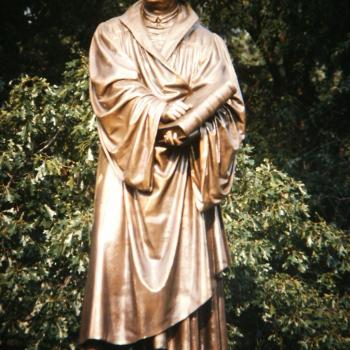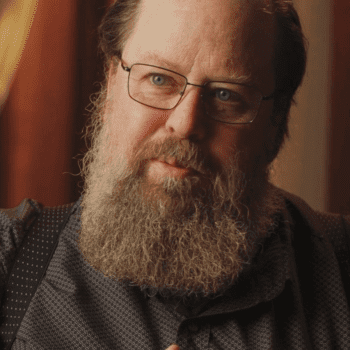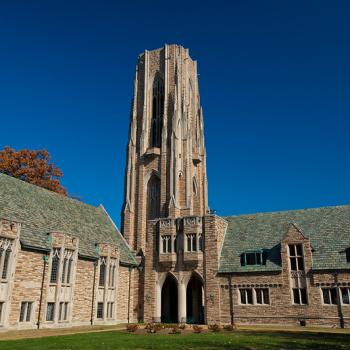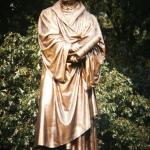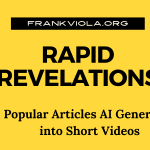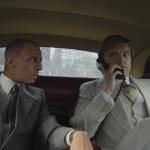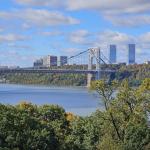It’s been a rough year. Bloomberg’s Lu Wang, referring specifically to economics and investing, has called 2015 The Year Nothing Worked.
Terrorism is back in force, with ISIS giving us nearly daily examples of unsettling, disillusioning cruelty. That’s hard for humanists, optimists, and progressives to take, day in and day out. The Taliban is resurgent in Afghanistan, making us feel that all of the sacrifice of our military men and women for the high goal of democracy in the Middle East may have been in vain.
Meanwhile, our government seems increasingly incompetent, and many of the candidates for the future seem to promise either more of the same, or to be even be worse.
Gideon Rachman of the London Financial Times says “the whole world is on edge.” He says that usually some country is optimistic and doing well. But last year not only the United States but the new powerhouse China have been in the doldrums. He blames not only economic uncertainty but a large scale reaction against governments and elites of every kind. (His article is excerpted and linked after the jump.)
It is surely healthy for people to wake up to the incompetence of their big governments. It’s even more healthy for people to wake up to the decadence of their cultural elites. Higher education, with a few notable exceptions, has largely turned into a self-parody, with childish political radicalism turning universities into centers of anti-intellectualism and Orwellian thought police. The art world establishment seems paralyzed with angst and theorizing. Even the popular arts are stagnant, repeating formulas and looking for something new without being able to find anything. Our movies, for example, keep churning out sequels, rummaging through thrift shop comic book bins, and remaking films from more creative eras.
But now people as a whole are getting sick of all of this. That’s a good sign. It really is darkest before the dawn. When bad things in a culture are evident, a reaction sets in. There will be no utopia, just different problems, but let’s pray that 2016 will be the beginning of a “dawn.”From Gideon Rachman, Battered, bruised and jumpy — the whole world is on edge – FT.com:
In 2015, a sense of unease and foreboding seemed to settle on all the world’s major power centres. From Beijing to Washington, Berlin to Brasília, Moscow to Tokyo — governments, media and citizens were jumpy and embattled.
This kind of globalised anxiety is unusual. For the past 30 years and more, there has been at least one world power that was bullishly optimistic. In the late 1980s the Japanese were still enjoying a decades-long boom — and confidently buying up assets all over the world. In the 1990s America basked in victory in the cold war and a long economic expansion. In the early 2000s the EU was in a buoyant mood, launching a single currency and nearly doubling its membership. And for most of the past decade, the growing political and economic power of China has inspired respect all over the world.
Yet at the moment all the big players seem uncertain — even fearful. The only partial exception that I came across this year was India, where the business and political elite still seemed buoyed by the reformist zeal of prime minister Narendra Modi.
By contrast, in Japan, faith is fading that the radical reforms, known as Abenomics, can truly break the country’s cycle of debt and deflation. Japanese anxiety is fed by continuing tensions with China. However, my main impression from a visit to China, early in the year, is that this too is a country that feels much less stable than it did even a couple of years ago. The era when the government effortlessly delivered growth of 8 per cent or more a year is over. Concerns about domestic financial stability are mounting, as the upheavals in the Shanghai stock exchange over the summer revealed.
However, the main source of anxiety is political.
[Keep reading. . .]







